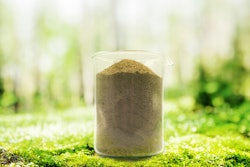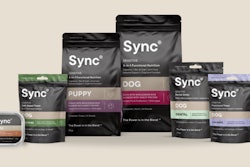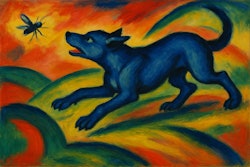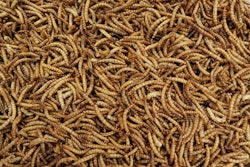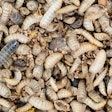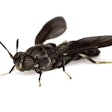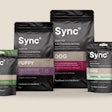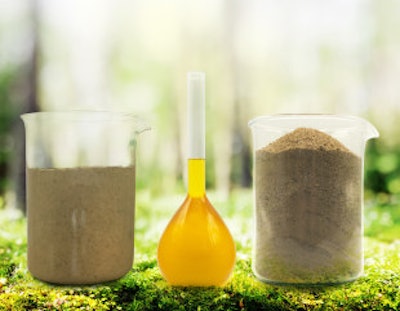
According to Protix, a peer-reviewed life cycle assessment (LCA) published in ScienceDirect confirms its insect ingredients demonstrate lower environmental footprints in land use, water use and emissions compared to conventional protein sources used in pet food and animal feed. The study used primary data from Protix's commercial operation in Bergen op Zoom, Netherlands.
The assessment examined three Protix products: ProteinX premium insect meal, LipidX premium insect fat, and PureeX fresh insect meat. All data reflect industrial-scale production from the company's facility operating at full capacity.
"We welcome these peer-reviewed results as independent confirmation of the capacity of our insect ingredients to significantly reduce the environmental impact," said Piotr Postepski, chief commercial officer of Protix. "There is still a lot of potential to lower the footprint of the black soldier fly ever further, for example with government approval for the use of lower grade feedstock. This is something we continue to work tirelessly on."
According to the peer review, ProteinX premium insect meal reduces CO2 emissions by 78% compared to poultry meal and 89% compared to soy protein concentrate. The product also showed 20.4% lower CO2 emissions than fishmeal and 52.6% lower emissions than soy meal.
LipidX premium insect fat achieved 100% less land use compared to coconut oil, with land use figures approaching near-zero levels. PureeX fresh insect meat used 99.8% less water than poultry meat.
The peer-reviewed figures either matched or showed improved environmental benefits compared to Protix's 2024 LCA results based on 2023 plant data. Changes resulted primarily from updates to external databases used for feedstock and energy mix data.
Protix produces insect ingredients for pet food, animal feed and plant care. The company's updated LCA white paper is available on its website.



